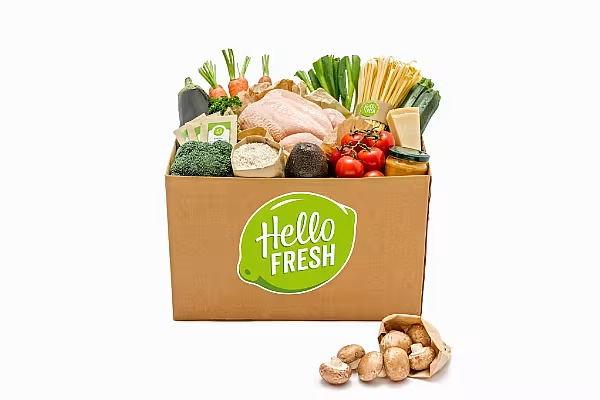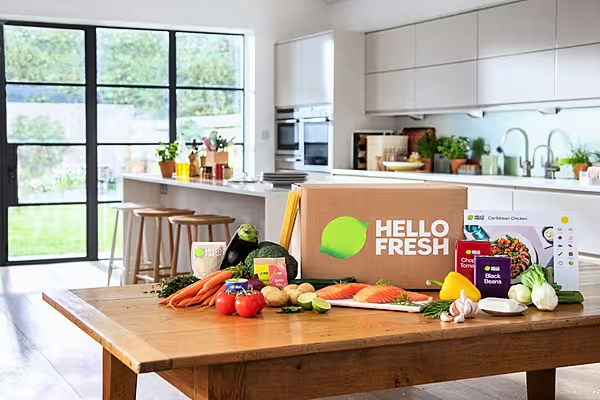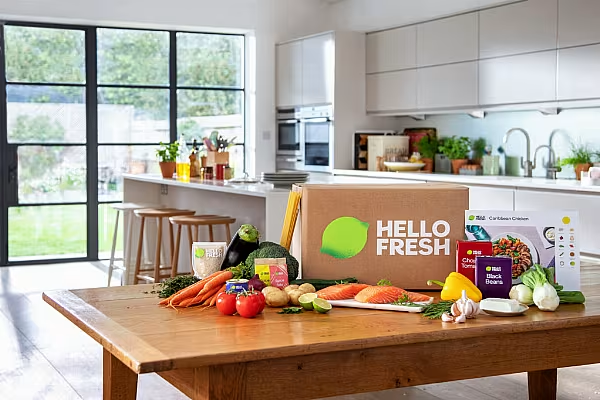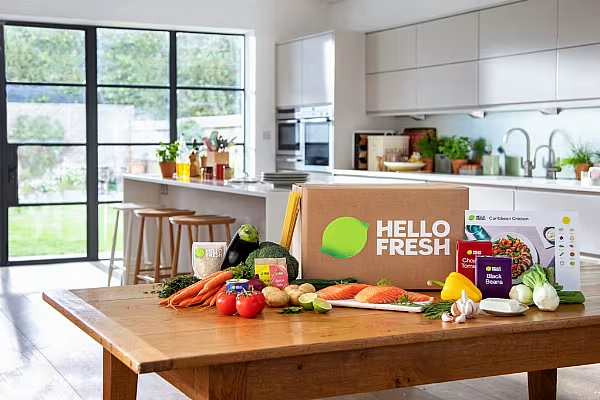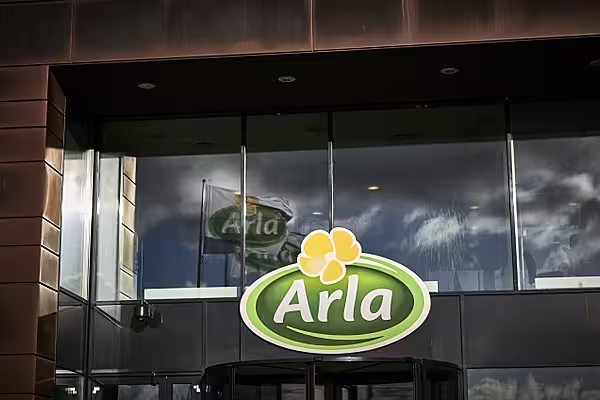HelloFresh, the German meal-kit company, has agreed to buy competitor Green Chef as it seeks to challenge industry-pioneer Blue Apron for supremacy in the US.
Green Chef sells organic, paleo and gluten-free meal kits - a new area of the market for HelloFresh. The deal was announced in a regulatory filing Tuesday that didn’t include terms.
Green Chef is expected to contribute about $15 million in quarterly revenue, starting in the second quarter, according to the filing.
HelloFresh, which is the largest meal kit company in the world and ranks second in the key US market, saw sales gain more than 50% last year to about $1.1 billion. The company says it will turn a profit in 2018 and pass industry pioneer Blue Apron in US sales.
With Green Chef, HelloFresh can go after customers who use meal kits to tailor their diets, according to Tobias Hartmann, who runs the company’s US operations.
“It’s something we don’t currently offer,” he said. “It follows our logic of constantly innovating and offering more choices to our customers.”
Berlin-based HelloFresh’s shares have gained 16% this year, and are up 35% since listing last November in Germany. The company generates more than 60% of its revenue in the US. Green Chef is based in Boulder, Colorado.
Blue Apron
The meal kit industry has been dogged by concerns since the troubled public offering from New York-based Blue Apron, which has seen its shares plunge since the stock debuted at $10.
The shares have been battered by Amazon’s push into the grocery industry and concerns about the subscription meal-kit model.
Blue Apron recently said it wants to start selling meal kits in brick-and-mortar stores, part of a broader trend of conventional retailers getting into the business in response to shifting shopping habits.
Walmart and Kroger have both launched meal kits. Albertsons, one of the largest supermarket chains in the US, bought meal-kit competitor Plated last year - part of the company’s response to Amazon’s deal to buy Whole Foods.
HelloFresh has tested selling its meal kits in European stores, but plans to stick with online subscription sales for now.
While the company faced questions about the industry’s viability during investor meetings before its IPO last year, it’s intent on proving that the business can be profitable, according to Hartmann.
“We’re a completely different animal,” he said. “The people who spent time to get under the hood understand that.”
News by Bloomberg, edited by ESM. Click subscribe to sign up to ESM: The European Supermarket Magazine.
